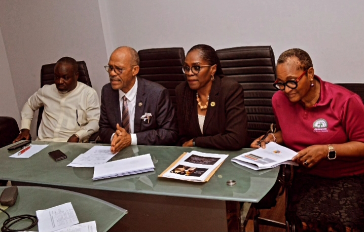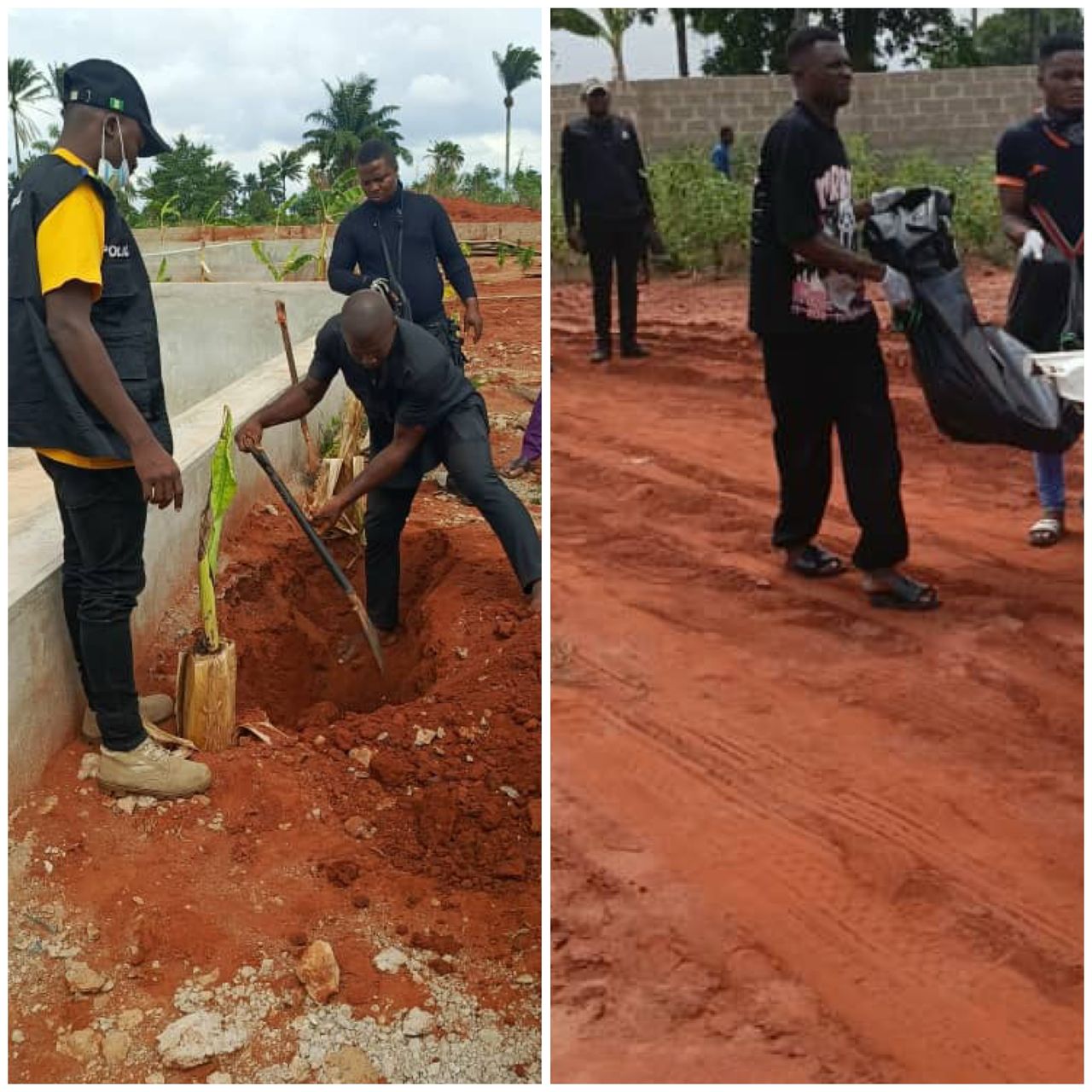In an effort to improve maternal and child health outcomes, the Lagos State Ministry of Health has set up a 15-member committee to oversee and regulate the practices of Traditional Birth Attendants (TBAs).
According to a statement from the Ministry, a High-Level Stakeholders’ Meeting was held on Tuesday to discuss strategies for ensuring TBAs operate within defined medical and safety standards. The discussions focused on standardizing their training, defining their scope of operations, ensuring compliance with health regulations, and strengthening the patient referral system.
Why the Committee Was Formed
Concerns have been raised about maternal and neonatal complications linked to unregulated TBA practices. Lagos State Commissioner for Health, Prof. Akin Abayomi, emphasized the need for oversight to ensure safer childbirth services.
“We must ensure that every childbirth service, whether in hospitals or through TBAs, adheres to safety standards,” he said.
Dr. Kemi Ogunyemi, Special Adviser to the Governor on Health, acknowledged the crucial role TBAs play in many communities and stressed that regulation would help integrate their services into the broader healthcare system.
Committee Members and Responsibilities
The committee comprises representatives from:
- Lagos State Ministry of Health
- Society of Gynecology and Obstetrics of Nigeria (SOGON)
- Paediatric Association of Nigeria (PAN)
- Lagos State Traditional Medicine Board (LSTMB)
- National Association of Nigeria Nurses and Midwives (NANNM)
- Lagos State Blood Transfusion Service (LSBTS)
- World Health Organization (WHO)
Their primary responsibilities include:
- Assessing challenges in TBA practices
- Recommending regulatory measures
- Submitting a comprehensive report for review by key stakeholders
Dr. Abiola Idowu, Permanent Secretary of the Health Facilities Monitoring and Accreditation Agency (HEFAMAA), noted that better oversight would help minimize risks to both mothers and newborns.
Discussions also emphasized modernizing TBA training to align with contemporary obstetric knowledge.
“We need to equip TBAs with the right skills and knowledge to ensure safe deliveries,” said Dr. Donald Imosemi, Chairman of the Lagos State Steering Committee on Maternal Perinatal Death Surveillance and Response (MPDSR).
Representatives from the WHO and other health organizations stressed the importance of a structured referral system that connects TBAs with hospitals for high-risk pregnancies.
The Role of Traditional Birth Attendants
Traditional Birth Attendants (TBAs) assist pregnant women during childbirth, particularly in rural and underserved areas with limited access to modern healthcare. Their services often include prenatal care, delivery assistance, postnatal care, maternal nutrition advice, and newborn care.
However, many TBAs lack formal obstetric training, increasing the risk of birth complications, infections, and maternal or neonatal deaths. Limited access to emergency medical care and life-saving interventions further exacerbates these risks.
By regulating TBAs and integrating them into the healthcare system, Lagos State aims to improve maternal and child health outcomes while ensuring that all childbirth services meet safety standards.








Leave a Reply